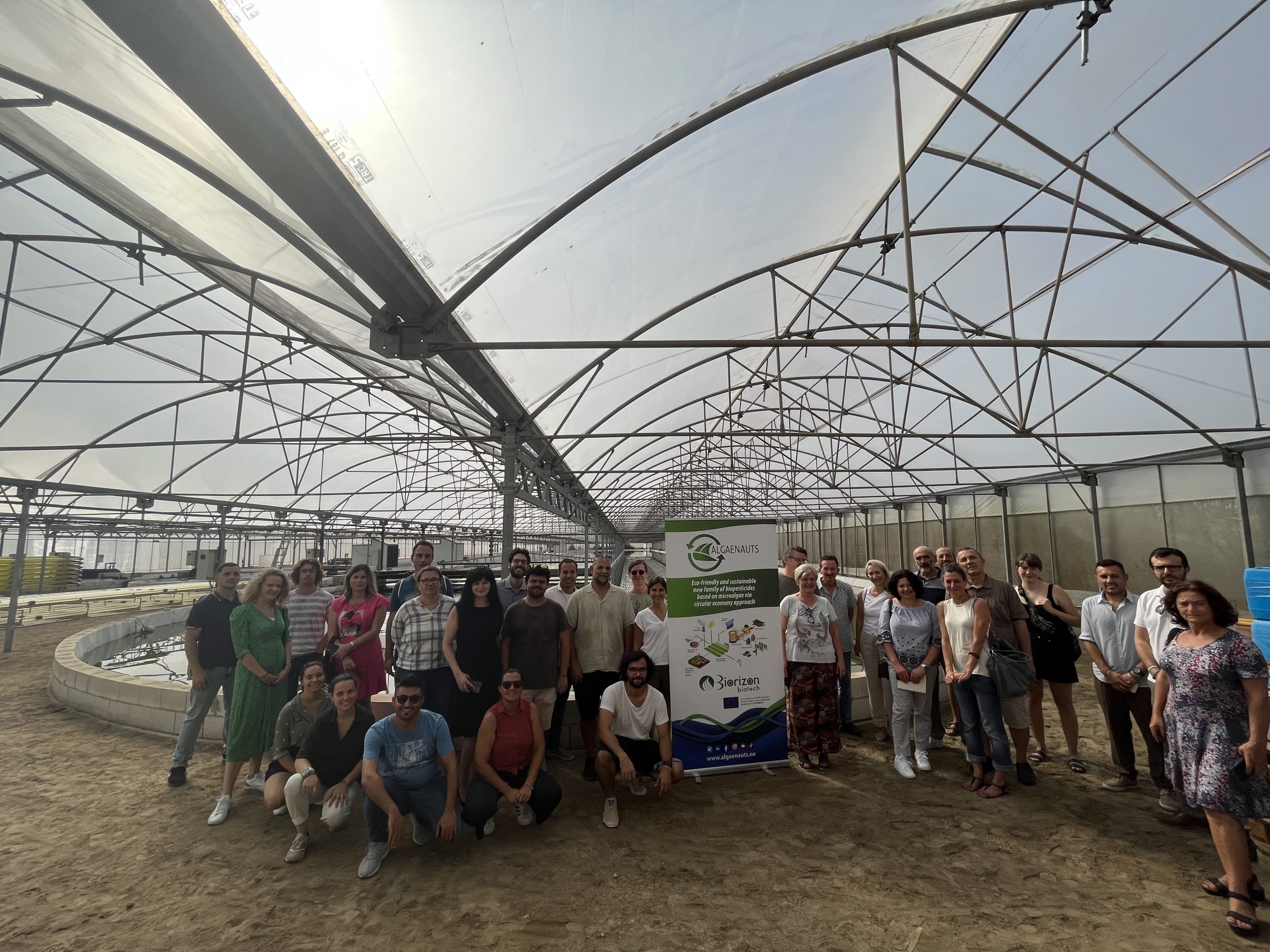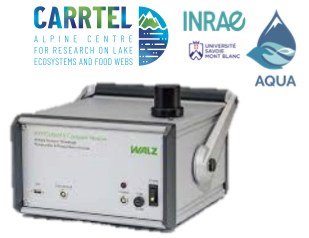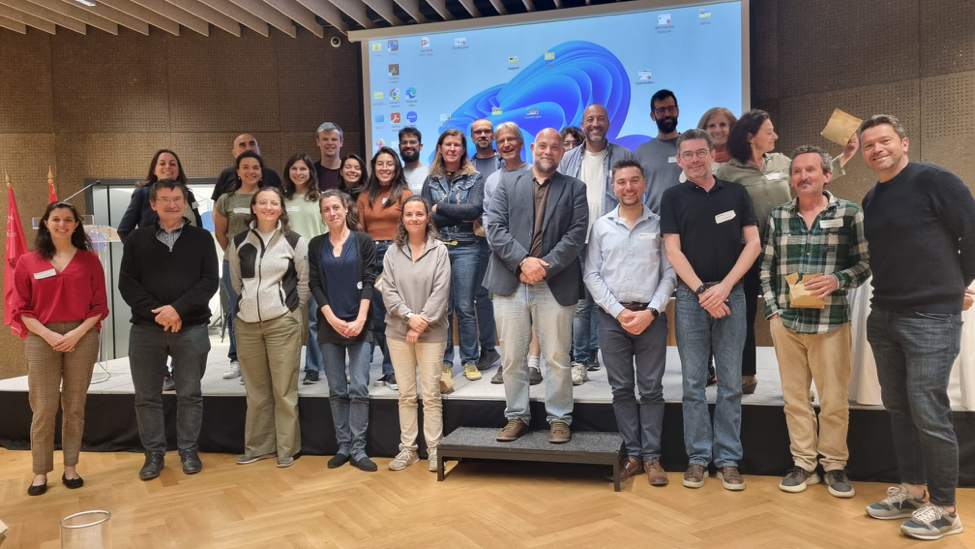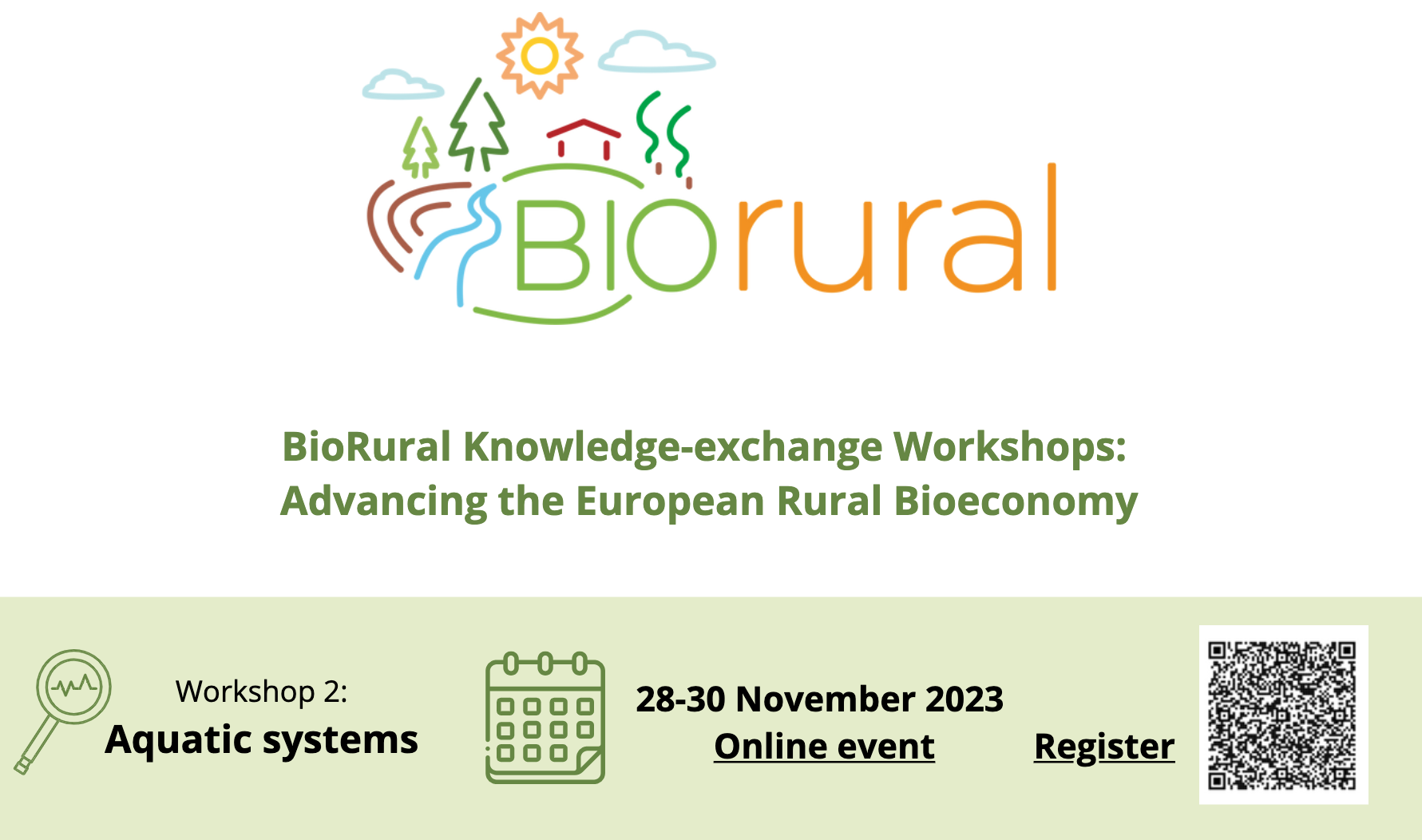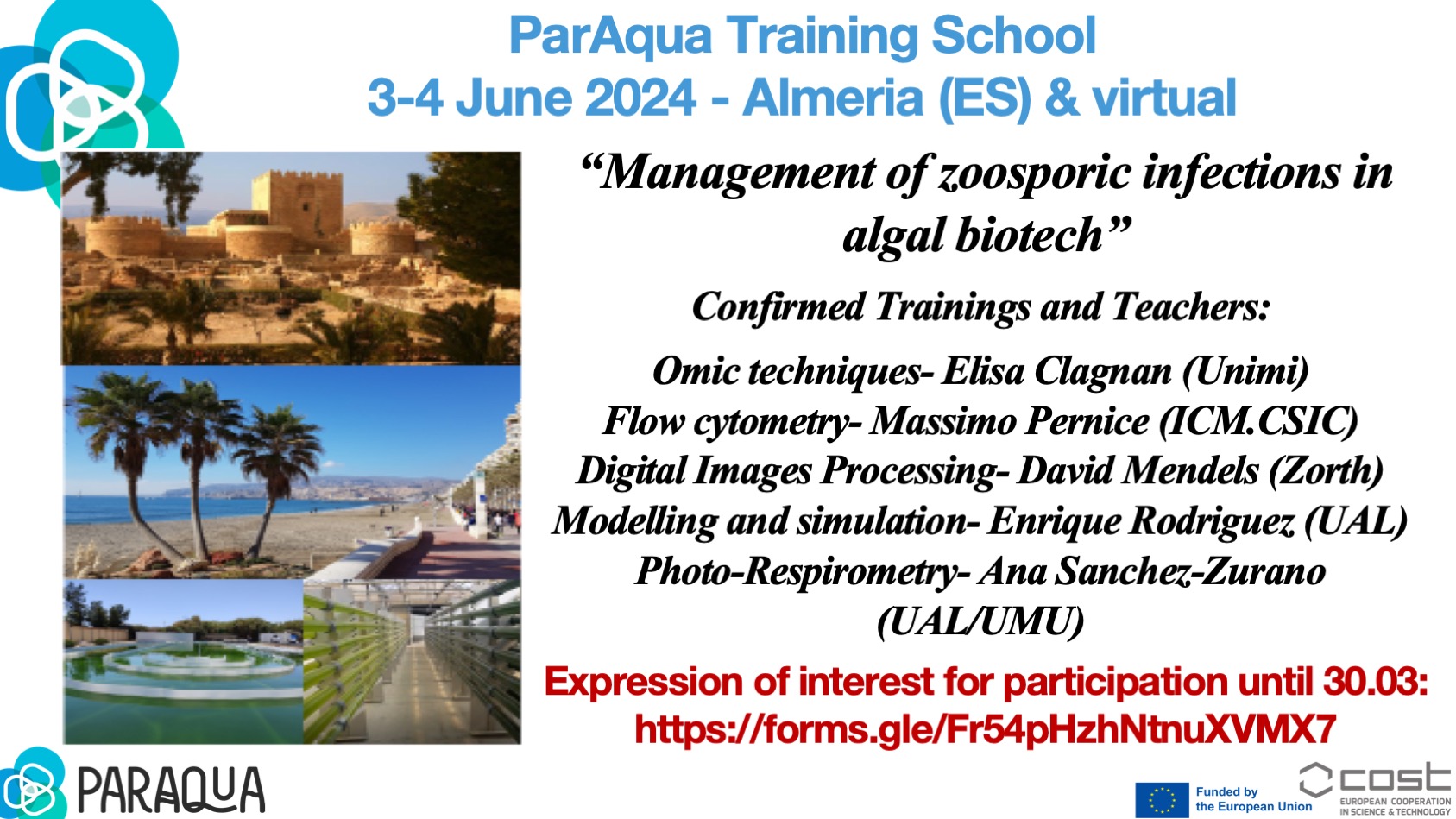Almeria 6-8 September 2023
A great experience for me record this year as I had the great opportunity to attend the ParAqua Workshop in Almeria (Spain), from the 6th to 9th September, 2023. The workshop was a great platform for all the scientific researchers from different parts of the world to come and connect in order to have some healthy yet enlightened discussions as to the various ways in order to prevent zoosporic fungal parasites in aquatic ecosystems. Since, we all are aware about the disadvantages caused by these zoosporic fungi such as serious economic damage to the microalgae industry, affecting the food production and pharmaceutical products. The main goal of the workshop was to exchange the knowledge by the eloquent researchers, with profound knowledge in their diverse fields about the aquatic fungi biology and ecology, as an allowance to formulate correct approaches to deal against contamination by zoosporic aquatic fungi.
The event started with the delightful hospitality provided to the participants by the organizers of the ParAqua, where the newly joined participants were able to meet eminent scientists in this scientific field, with a quite friendly approach.
The first day was dedicated for group tour wherein, we visited several commercial spirulina production facilities, discussing the advanced technology available to this date, main hindrances in production and difficulties for improving the production of spirulina-based nutritional supplements.

Visiting production facilities and learning more about the applied application of knowledge about microscopic algae was very interesting and useful for creating new scientific ideas. Followed by the two intensive workshops, hosted by the researchers like Dr. Serena Rasconi, Dr. Albert Rene and Prof. Gabriel Acien to name a few, which was dedicated to the collaborative inputs in terms of the various approaches to prevent from fungal contamination and zoosporic fungi microscopy and also writing a few book chapters results which could be quite useful yet significant scientific output to reach out the audience and serve as a great tool for the citizen science.
Moving on to the third day of the discussions, we had different presentations, wherein all the researchers shared their on-going research activities in details and suggested the better upcoming prospective ideas in terms of the betterment of the projects related to the behavioural nature, the ecological role, and most importantly the biological properties of zoosporic fungi.

The presented talks not only provided all the participants the in depth knowledge about the different pros and cons of the different practices in terms of monitoring the microbial algae but also discussed the different upcoming steps that can be taken in terms of the industrial productivity measures, as well as the legal formalities. The talks dealth with the available literature background, the modern approaches to the study of the microbial algae, and also the ways in which the future studies can be designed focussing on the key pressing issues in this diverse scientific field. Lastly, the meeting ended with an impactful message given to all the participants to continue to grow progressively.
Following the workshop a short video was produced with pictures from participants to promote the event activities and achievements
Dr. Mariia Dimova
